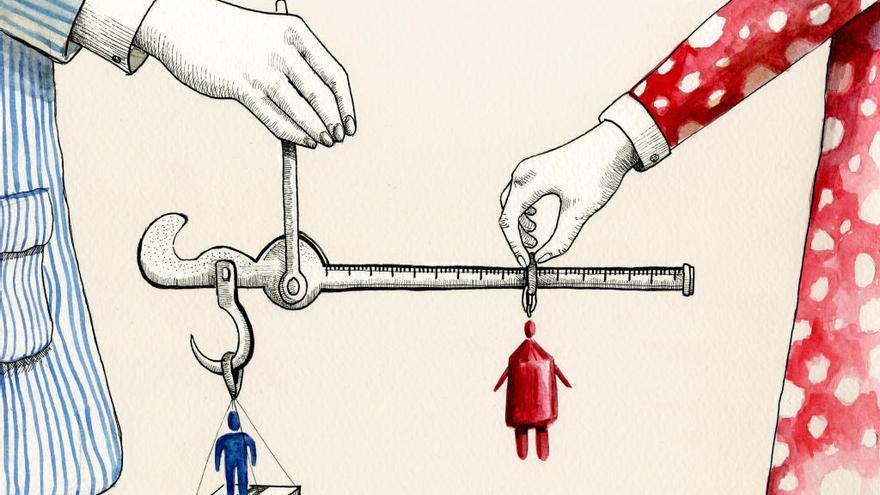12/2/2022 Week 6: Response to "Attributional Tendencies"
Response to "Attributional Tendencies"
Do you think that everything that happens to you is your fault? or everything good with others is because others help them succeed? Unfortunately, we always tend to see things that way, and this is called Attributional Tendencies.
Attributions are inferences that people draw about the cause of events, others' behavior, and their own behavior.
Professor Ivers mentions that Attributional Tendencies refer to what we attribute success, personal failures, the success of others, and the failures of others.
Internal and External Attributions
Attributions are divided into two: Internal and External and these are also divided into Stable and Unstable.
Internal Attributions: People tend to be responsible for their acts (success/failures). Taking over them the responsibility.
These kinds of people if they have success tends to think "I did it!" or "I am good!" attributing success to their effort. And if they do something wrong they recognize their mistakes saying, "Everything is my fault!" or "I don't know how to do anything!" taking all the blame over them.
External Attributions: In this part, people tend to think that the fault lies with someone else, not with them. And success is because someone else helps them to reach it.
These kinds of people if they have success tend to think "This happen because you helped me!" or "Without your help, this would never have happened!". And if happen something wrong they make responsible to someone else, talking about parents, teachers, etc. saying, "Everyone is against me" or "If you hadn't helped me, I would have done better!" They don't accept their mistakes.
Stable: Concrete, unchanging factors of success or failure.
Unstable: Temporary, changing factors of success or failure.
For example,
Personal Success/Failures
In the United States, typical Americans tend to be internal when they succeed, and external when they fail.
In Hong Kong and India, they attribute success and failures internally.
In Japan, typical Japanese tend to attribute their personal success to external attributions and personal failures to internal attributions.
Others People Success/Failures
In the United States, typical Americans tend to see other people's success externally, and other people's failures internally.
These examples help us to see that each culture has different Attributional Tendencies, and these can be very similar or totally opposite.
We need to learn about this because situations can arise at school with our students or their parents that will cause problems with others according to how they attribute their success or their failures.
For example, if our students need to work in a group activity, we know that some students are individualistic and others collectivist. And this could affect their attributional tendencies. Students who are individualistic can tends to be internal when they do something right and external when they fail. They tend to blame others. And students who are collectivists tend to do the opposite they attribute success to others and failures to themselves.
We need to encourage them to work in groups and help them recognize their failures without blaming others and not give total credit to others, not belittle their abilities if they do well. I think that our feedback will help them to make the necessary and will help them to change these attributional tendencies.
- How might these Attributional Tendencies affect your classroom in other ways?
References:
2) https://wattersattribution.wordpress.com/
3) https://content.byui.edu/file/45b9e59e-e91a-44eb-879b-18efd35d7bab/3/Attributional%20Tendencies%20Cultures.html
4) https://wattersattribution.wordpress.com/attribution-2/
5) image https://www.unir.net/wp-content/uploads/2020/05/iStock-472404164.jpg
6) image https://previews.123rf.com/images/stylephotographs/stylephotographs1303/stylephotographs130300080/18324025-estudiante-joven-feliz-celebraci%C3%B3n-de-los-pulgares-para-arriba-en-clase-de-la-universidad.jpg
7) image https://previews.123rf.com/images/jackf/jackf1803/jackf180305773/97813519-retrato-de-ni%C3%B1o-enojado-en-el-aula-en-el-fondo-con-los-alumnos-que-estudian-con-el-maestro.jpg
8) image https://educandoanuestroshijos.com/wp-content/uploads/2020/08/Definiendo-el-%C3%A9xito-lo-que-los-adolescentes-necesitan-para-prosperar.jpg
9) image https://thumbs.dreamstime.com/z/muchacha-joven-del-estudiante-de-la-escuela-que-parece-infeliz-y-cansada-en-concepto-educaci%C3%B3n-119306319.jpg








Thanks, Leslie for your post! You did it very well. Up until now, I thought we all felt the same way when referring to our successes or failures, but I understand that Japanese culture is completely different. We need to get to know our students well so that we can understand why they behave the way they do.
ReplyDelete